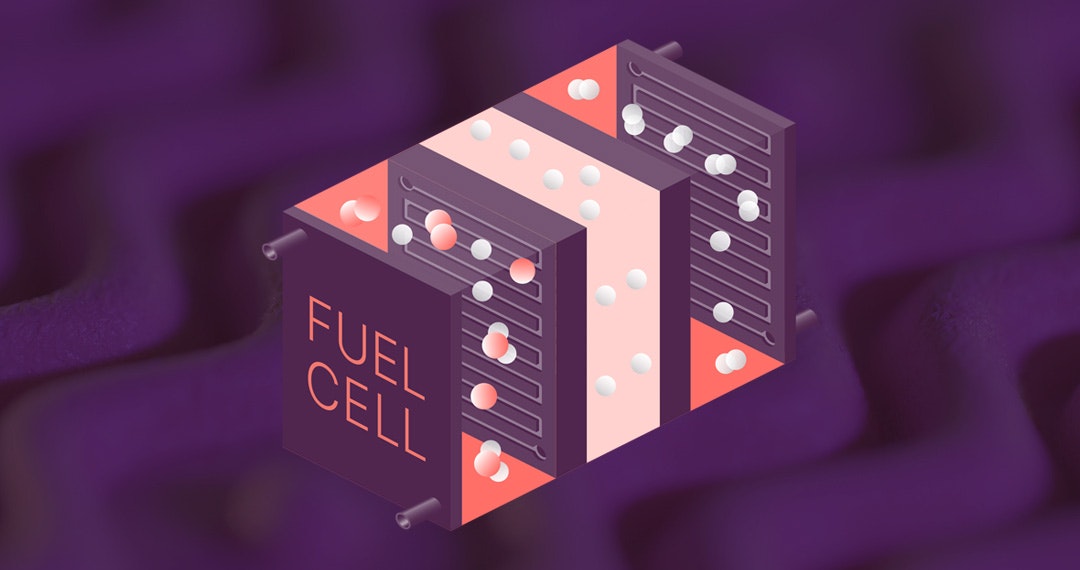
Reliefed receives funding from Vinnova to develop the first z.truded bipolar fuel cell plates
Sponsored by Vinnova, Sweden's Innovation agency, Reliefed is starting a project to investigate the possibility of using z.trusion to create thin-walled, high performance fuel cell plates with low weight and low cost in new, innovative materials. The aim of the project is to develop a fuel cell bipolar plate prototype, to showcase the potential and abilities to interested fuel cell companies and partners by the end of 2023.
Fuel cells are one the most energy efficient, compact and lightweight devices for extracting power from a variety of fuels (ranging from hydrogen, natural gas, and biogas) and has the capacity to generate clean power for anything from vehicles to homes.
z.trusion is a technology with the capacity to create advanced 3D structures in profiles in one, efficient production step in a wide range of materials. Building and combining the gained experience in other product fields, the Reliefed team realized that the z.trusion technology could potentially be applied on fuel cell production, where corrosive environments creates a recurrent problem for the today commonly used materials.
The ambition with the project, named "Cost efficient, lightweight z.truded bipolar fuel cell plates", is to develop a flow plate prototype with optimized flow design in the z.trusion tech center and bring it to a TRL 4 level (technology readiness level 4 refers to component validated in laboratory environment). The target is to manufacture a plate that, in a later stage, can be tested in a real fuel cell application, but also to pave the way for these plates to be produced in the future with the help of existing extrusion infrastructure, upgraded with the z.trusion technology.
"By showcasing a z.truded bipolar fuel cell plate prototype, our aim is to open the door for commercial R&D projects with various players within the fuel cell industry and to contribute to a more sustainable and efficient production, saving energy and material" - says Mark J Kragh, CIO at Reliefed.
Reliefed’s existing partner Alfa Laval, will contribute to the project with their technical know-how regarding flow channel design, and material expert Erteco will support with polymer material know-how and supply. Reliefed’s role in the project will be to lead the work, develop the plate and manufacture the prototype in the z.trusion tech center.
"The results of our projects in other product areas using z.trusion® have been very promising. Therefore, we are very curious to see if and how z.trusion can be applied to manufacture plates in alternative materials and designs for new green energy applications and are happy to provide our support in the design phase to realize this prototype" - says Anders Nyander, concept project manager at Alfa Laval.
The next step in the project will be to interview specialists and customers within the fuel cells industry to get relevant requirement specifications and to further understand the challenges in the current market.